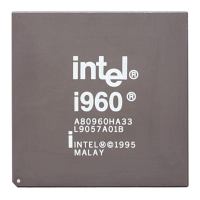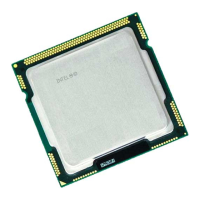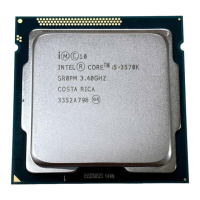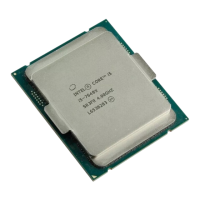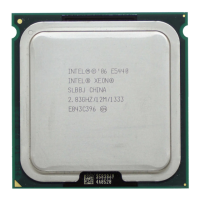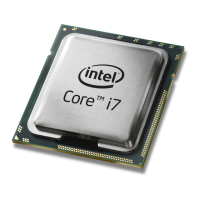i960 Processor Compiler User's Guide
7-46
7
Non-constant Initializers
The elements of an aggregate initializer for an automatic variable are not
required to be constant expressions. Here is an example of an initializer
with run-time varying elements:
foo (float f, float g)
{
float beat_freqs[2] = { f-g, f+g };
...
}
Constructor Expressions
Constructor expressions are supported. A constructor looks like a cast
containing an initializer. Its value is an object of the type specified in the
cast, containing the elements specified in the initializer. The type must be
a structure, union or array type.
Assume that
struct foo and structure are declared as shown:
struct foo {int a; char b[2];} structure;
Here is an example of constructing a struct foo with a constructor:
structure = ((struct foo) {x + y, ’a’, 0});
This is equivalent to writing the following:
{
struct foo temp = {x + y, ’a’, 0};
structure = temp;
}
You can also construct an array. If all the elements of the constructor are
(made up of) simple constant expressions, suitable for use in initializers,
then the constructor is a lvalue and can be coerced to a pointer to its first
element, as shown here:
char **foo = (char *[]) { "x", "y", "z" };
